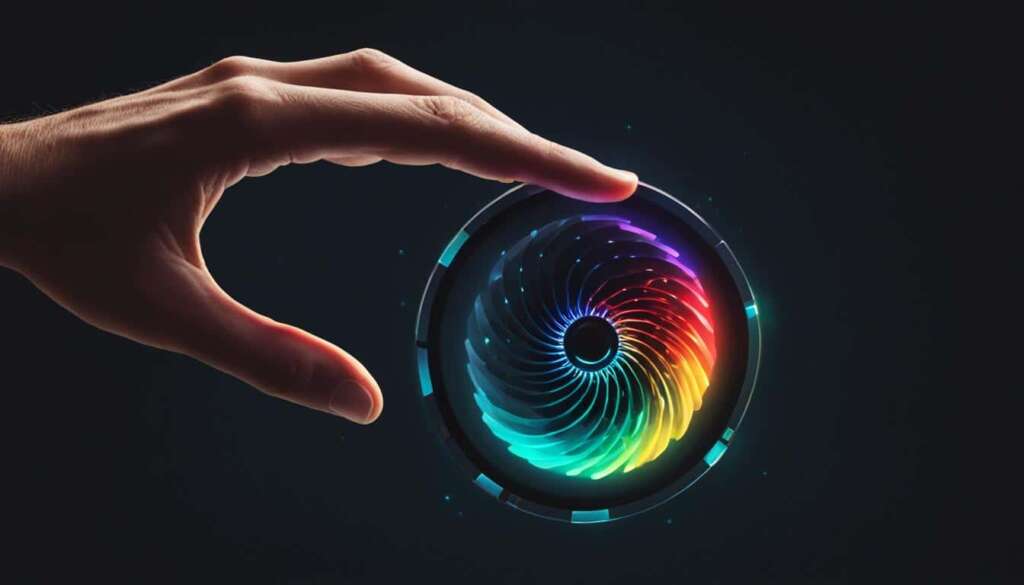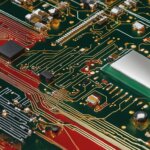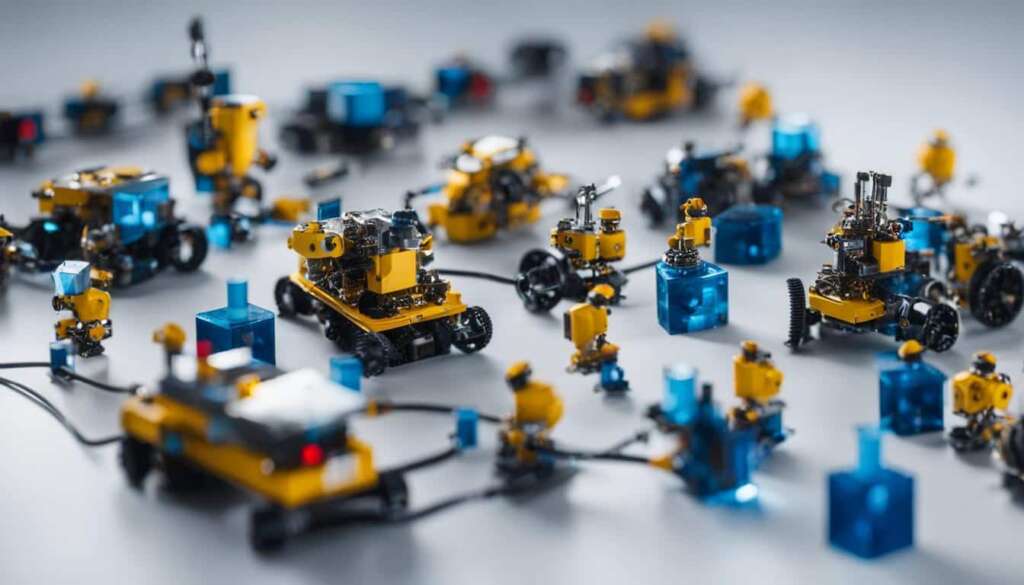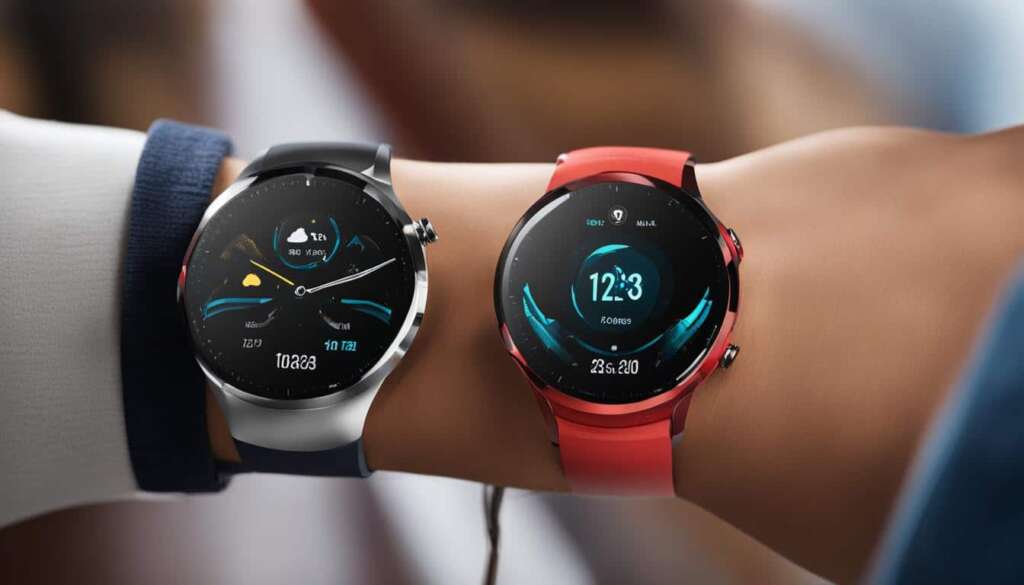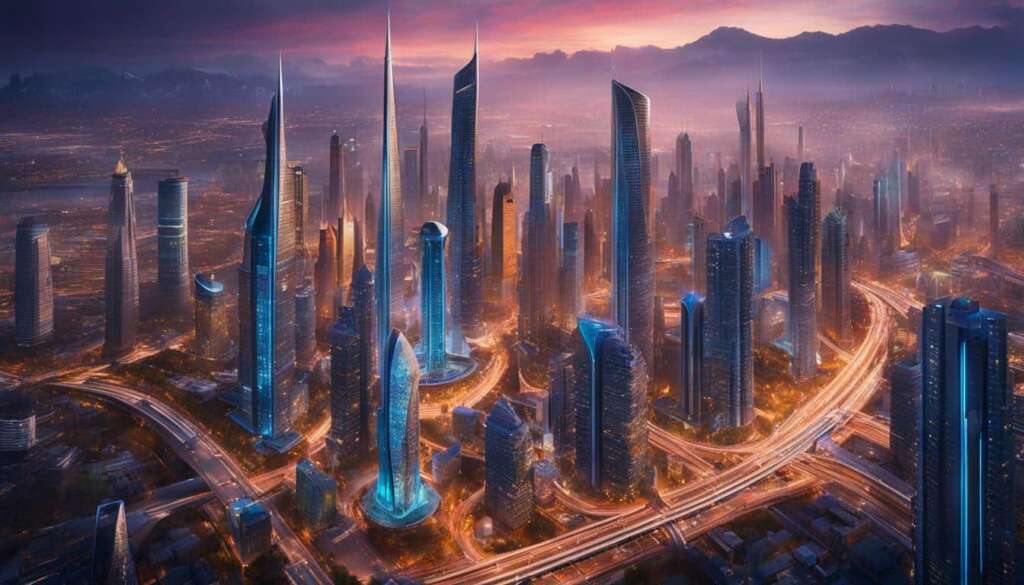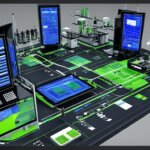Table of Contents
Have you ever wondered how smart devices know when to turn on or off, or how your car’s engine management system knows if there’s a problem? The answer lies in sensor technology.
Sensor technology plays a vital role in modern innovation, making our lives easier and more convenient. From smartphones to smart homes, sensors are everywhere and are involved in a variety of applications in our daily lives. But what exactly is sensor technology, and how does it work?
In this section, we will provide an overview of sensor technology and highlight its crucial role in modern innovation and its wide range of applications in our daily lives.
Key Takeaways
- Sensor technology is an essential component in modern innovation.
- Sensors play a crucial role in various applications in our daily lives.
- Understanding sensor technology and its applications can help us appreciate its impact on different industries.
- From smartphones to smart homes, sensors are a part of our everyday experiences.
- The use of sensor technology is continually expanding and improving.
The Fundamentals of Sensor Technology
In modern society, sensor technology plays an increasingly vital role in facilitating our daily activities. However, what exactly are sensors and how do they work? In this section, we will delve into the fundamentals of sensor technology.
A sensor is a device that detects or measures physical quantities and converts them into signals that can be read by an observer or a machine. There are various types of sensors, ranging from temperature sensors to pressure sensors, each with its own unique sensing elements.
“A sensor is like a human sense; they both receive signals from the surrounding environment and create reactions.”
For example, temperature sensors measure temperature changes through the sensing element of a thermistor, which changes its resistance in response to the temperature. Pressure sensors measure pressure changes through sensing elements like strain gauges or piezoresistive elements, which change their resistance when subjected to pressure.
Applications of Sensor Technology
In recent years, sensor technology has become an integral part of various industries, helping enhance efficiency, safety and accuracy. Let us explore how sensors are used in the automotive industry, healthcare sector and environmental monitoring.
Automotive Industry
The automotive industry has seen a significant rise in the use of sensors. Sensors are installed in vehicles to monitor performance and improve safety. For instance, anti-lock brake systems use sensors to detect the speed of each wheel and prevent skids during sudden braking. In-cabin sensors monitor the driver’s vital signs, alerting the driver if fatigue is detected. There are also sensors that detect the position of the gas pedal, allowing the vehicle’s electronic control unit to adjust fuel injection and ensure optimal fuel efficiency. Moreover, sensors in engines monitor exhaust emissions, helping car manufacturers meet regulatory standards.
Healthcare Sector
Sensor technology is crucial in the healthcare sector. Patient vital signs such as blood pressure, heart rate and oxygen levels can be monitored using sensors. Wearable sensors provide continuous monitoring, keeping track of patients’ activities, sleep patterns and other vital health data, helping doctors tailor treatment plans. Sensors in medical equipment provide accuracy and precision during surgeries and other medical procedures. Additionally, environmental sensors monitor factors such as air quality, temperature, and noise levels in healthcare facilities, ensuring patient comfort and safety.
Environmental Monitoring
Environmental monitoring involves tracking physical, chemical and biological factors in the environment. Remote sensors are deployed in various ecosystems to collect data on temperature, humidity, and other climatic factors. Sensors in water bodies measure the water quality, pH, and dissolved oxygen levels, among others, helping conservationists monitor changes in the ecosystem. Air quality sensors keep track of pollutants, detecting harmful gases like carbon monoxide and carbon dioxide. Environmental monitoring is essential in preventing and mitigating environmental hazards.
In conclusion, sensor technology plays a crucial role in various industries, from the automotive industry to healthcare and environmental monitoring. The applications of sensor technology are vast and varied, bringing efficiency, accuracy, and improved safety to our daily lives.
Conclusion
In conclusion, sensor technology plays a crucial role in modern innovation and finds extensive applications in our daily lives. By understanding the fundamentals of sensor technology and its wide range of applications, we can appreciate the impact it has on various industries and the convenience it brings to our everyday experiences.
From the automotive industry for vehicle performance monitoring to the healthcare sector for vital sign measurements, and from environmental monitoring for pollution detection to safety and security, sensors have become an integral part of modern technology. It is fascinating to see how these small devices, equipped with advanced technology, can bring about significant changes, making our lives easier, safer, and more efficient.
As we move towards a more connected world, sensors will continue to play a critical role in shaping our future. With ongoing advancements in technology, we can expect further improvements in sensor accuracy, efficiency, and functionality, leading to new and innovative applications in different sectors. The potential of sensor technology is vast, and we can look forward to seeing how it will transform our lives in the years to come.
FAQ
What is sensor technology and what role does it play in modern innovation?
Sensor technology refers to the use of sensors to detect and measure physical or chemical properties of objects and environments. It plays a crucial role in modern innovation by providing valuable data and feedback that can be used to develop and improve various products and systems.
What are the different types of sensors?
There are various types of sensors, including temperature sensors, pressure sensors, humidity sensors, motion sensors, proximity sensors, and many more. Each type of sensor is designed to detect specific physical or chemical properties and convert them into measurable signals.
What are sensing elements in sensor technology?
Sensing elements are the components of a sensor that directly interact with the physical or chemical property being measured. They can be made from various materials, such as metals, semiconductors, or polymers, and their properties allow them to convert the detected property into an electrical signal that can be further processed.
What are some applications of sensor technology?
Sensor technology finds extensive applications in various industries and sectors. In the automotive industry, sensors are used for monitoring vehicle performance and ensuring safety. In the healthcare sector, sensors are used for measuring vital signs and monitoring patient health. Sensors are also used in environmental monitoring to detect pollution levels and ensure ecological balance.
How does sensor technology benefit our daily lives?
Sensor technology brings convenience and efficiency to our daily lives. It enables the development of smart devices and systems that can automatically adjust settings based on environmental conditions, improves safety and accuracy in various applications, and enhances our understanding of the world around us by providing valuable data for analysis and decision-making.

